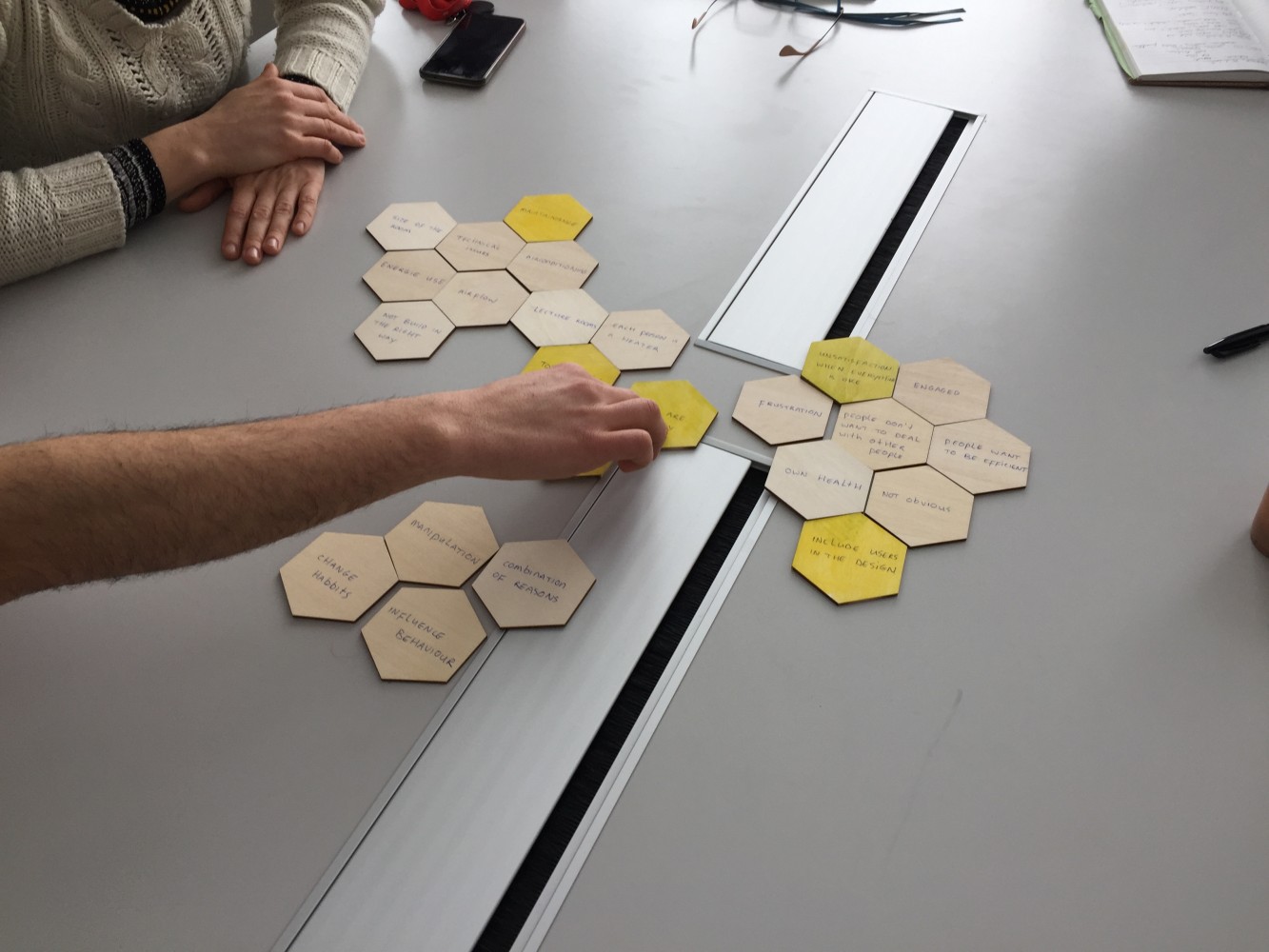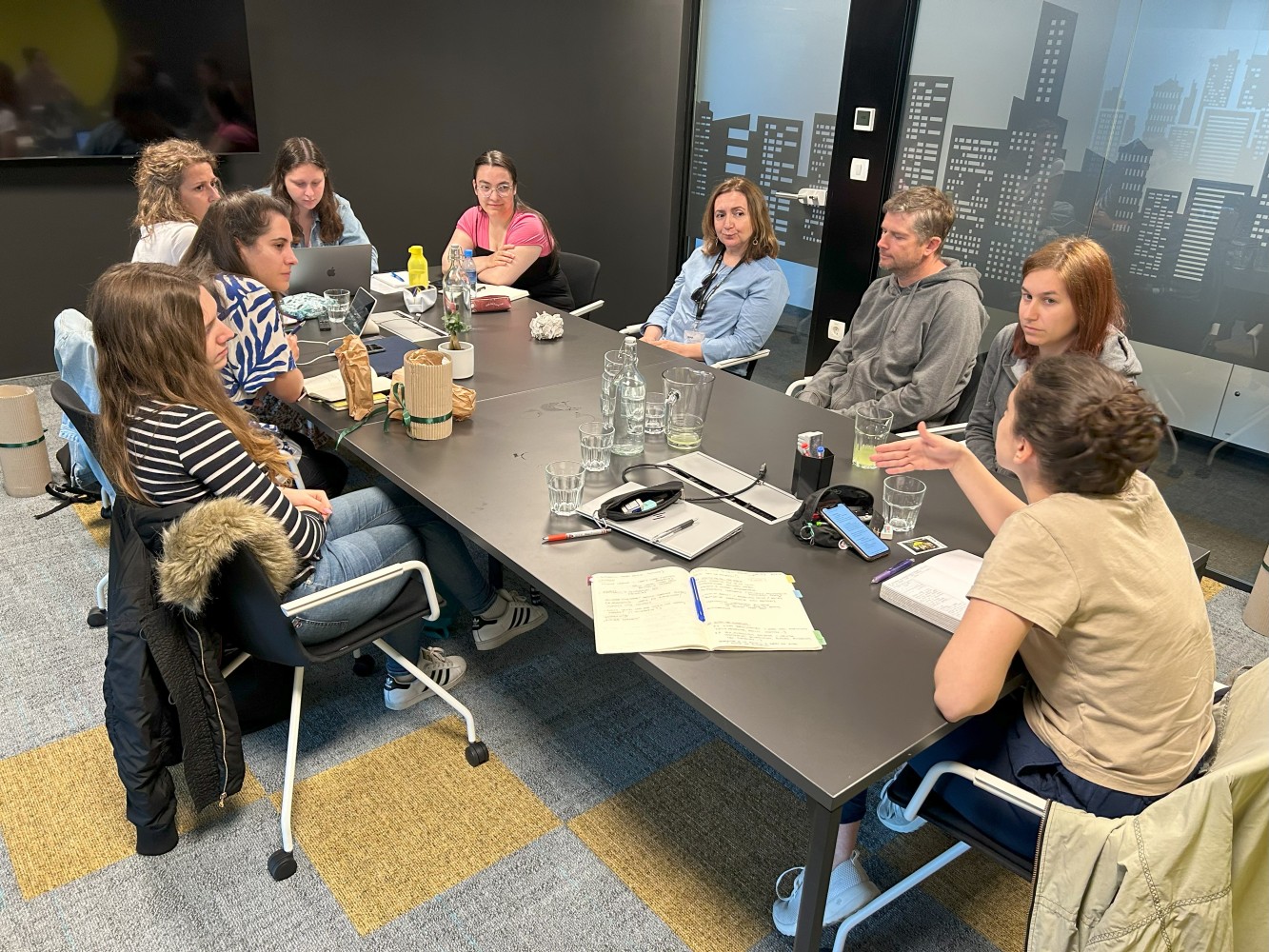The SONATA project aims to develop adaptive architectural technologies with the aim of improving workplace health and wellbeing. We are, therefore, innovating these technologies to benefit people, specifically, office workers. As such, it is vital that our methodology engages people in the design and development process from the very start.
Leading this people-centred path for SONATA is our partner IRI UL: Institute for Innovation and Development of the University of Ljubljana, bringing to the consortium expertise in ethnographic qualitative research within technical innovation, and a specific anthropological focus. As SONATA explores innovative workplace technologies, how is anthropology shaping our research, and why is it so vital to our outcomes?
As Anja Pogladič, MA from IRI UL shares, “Our main contribution [to SONATA] is a people-centred approach to research and development. Using anthropological principles and ethnographic methods, we explore how people actually experience their workplaces.” Many other projects involving workplace innovation look towards improving efficiency and productivity, however SONATA is investigating how workplace technologies, in tandem with everyday practices and social interactions, affect people’s well-being and health. “That’s a perspective we’re passionate about,” adds colleague Dr Sara Arko, “We saw this as a great opportunity to show how anthropology can bring fresh, practical insights to workplace innovation.” Anja sums up perfectly, “We give voice to workers and involve them in shaping solutions.”
This is the crux for SONATA. Office workers play a key part in the innovation and research process as active participants. Anja continues, “SONATA is testing adaptive technologies, but even the best tech won’t help if it’s not designed through an engagement with people whose everyday lives it will eventually affect, it can sometimes make things worse. That’s where we anthropologists come in!”

During the first year of the project, IRI UL created a research and co-design methodology which has been tailored specifically to SONATA’s pilot sites, where the different adaptive technologies are being tested. Two preliminary studies have already been undertaken, one in Ljubljana, Slovenia, and one in Leuven, Belgium, and the results have been used to refine the methodology for future studies, and to gather insights into daily open-plan office life.
Their ethnographic methodology saw Sara and Anja use techniques such as semi-structured interviews, participant observation, diary logs, and other qualitative techniques to understand people’s routines, how the workers interacted with existing technologies, and how these factors might affect their well-being. Based on their findings a set of guidelines has been created to help the consortium as a whole understand workers’ experiences in office spaces. In this way workers, their preferences and their experiences with technologies, will actively and constructively inform the implementation of the SONATA adaptive solutions.

As SONATA’s field studies are initiated, Sara and Anja are excited to continue their research and learn how people will interact with SONATA’s adaptive technologies in practice, in real workplace settings.
Anja rounds off, “Through continued field work and co-design with multiple stakeholders, we will generate insights to guide how these technologies evolve. It’s a unique opportunity to shape tech that truly supports workplace health and well-being in office spaces”.

